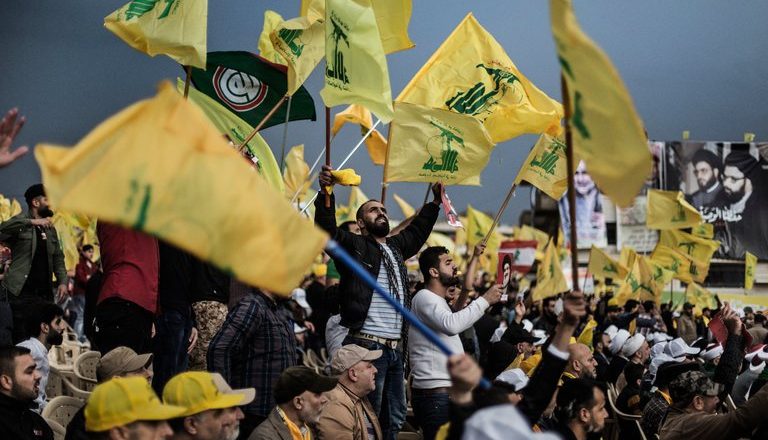
The Hezbollah Coalition Strengthened in Lebanese Parliamentary Elections
On 6 May Lebanon held its first Parliamentary elections after nine years of political turbulence. Even though the Interior Ministry has not published yet the official results, provisional ones already point out Hezbollah as the electoral winner. Sunday’s vote saw 583 candidates, including a record number of 86 women (only 6 were finally elected), compete for 128 seats in parliament.
The dubbed “Shia duo”, i.e., Hezbollah along with its ally Amal, has gained political ground in Lebanon after winning a narrow majority in the parliamentary elections. They are predicted to have won 29 seats in Lebanon’s 128-seat Parliament, at the expense of the former Sunni Prime Minister Saad Hariri, whose authority was weakened by a relatively poor showing in stronghold areas as Beirut. Hariri’s political bloc, the Future Movement, has lost one-third of its seats: it only won 21 seats, compared with 34 seats it currently has.
Many fear the party’s promotion, categorised by the US as a terrorist group. Tensions are growing for Israel and Saudi Arabia, who fear what they consider to be Iran’s influence over Beirut as a way to promote its regional projection. Nevertheless, Hezbollah’s leader, Hasan Nasralá, emphasised yesterday on the “political and moral victory of the resistance”.
Elections in Lebanon were postponed for security reasons in 2013, 2014 and 2017 as politicians disagreed on how to shape electoral law. The new one, which came into effect in this elections, redrew the country into 15 electoral districts, introduced proportional representation, and added the preferential vote (voters casted two votes, one for a list of candidates and another for a single candidate). Sunday’s election took place after nine years of political turbulence that left the country without a president for two years and saw parliament extend its tenure several times. This scenario might have influenced the already political disaffected citizenship, expressed in a low turnout percentage. The elections are strongly marked by this phenomena: of the 3.8 million registered voters, only 49.2% casted their ballots in Sunday’s poll, the former Interior Ministry said, down from 54 percent in the last election in 2009.
When it comes to setting up government, Kemal Feghali, a veteran Lebanese pollster, said that hypothetically, a continued alliance with Free Patriotic Movement, the largest Christian presence in parliament, which reportedly won 17 seats in Sunday’s elections, could give Hezbollah and Amal “an absolute majority in parliament”. However, it is not entirely certain that Hezbollah and FPM will maintain their 12-year alliance.
- The Euromed news are edited by the team of the Euro-Mediterranean Policies Department of the European Institute of the Mediterranean -


